
Editorial | Sep 04,2021
Nov 7 , 2020.
History is a bath of blood, writes William James, the American philosopher known to be the first educator to offer a psychology course in the United States.
Few countries in the world have remained long enough in statehood to showcase this 19th-century observation. Ethiopia is one of these few. Wars and civil war are not new – indeed, its political history is mostly a chronological naming of the various battles as a form of power struggle. In the Athenian expression, Ethiopia has always been where "the powerful exact what they can, and the weak grant what they must."
As political tensions worsened across the country over the past half decade, the call for peaceful resolutions to political differences grew louder. In vain. These voices have fallen on deaf ears. Political players, in government and outside of it, claim that this is not the case, that they have sincerely heeded the need to come to the negotiating table and that the other side is the spoiler. It is hard to find a supporter of any side convinced of the good faith of the contending one. It had come to what Ethiopia finds itself now only for lack of commitment to peaceful, lawful and institutional resolutions of conflicts, of which none of the parties can absolve themselves from responsibility.
The predicted outcome of nonexistent negotiated political settlement is the recent engagement between forces of the federal and Tigray regional governments. A tension that has been building up between Addis Abeba and Meqelle for the past two years climaxed with mutual delegitimisation, and the differences have now been turned over to the tough guys. What is perhaps more depressing than the current state of affairs is that its likelihood was not hard to foretell. It required no prescience, no great analysis on the part of an observer with a semblance of knowledge on the current political state of Ethiopia.
On the morning of Wednesday, Ethiopians woke up to the news that their country is at the edge of a civil war for the first time in almost three decades. To a generation raised in relative stability, for any person knowledgeable of the ravages of armed conflict or an observer informed of the precarious balance of power within the Ethiopian state, this is a frightful prospect.
Unless the contending parties agreed to step on the breaks together, they were bound to come to a full-blown militarised engagement on the back of an unfortunate event that erupted somewhere in the country. The latest spat of violence had massive political repercussions that became evident on the morrow of a series of incidents. In response to the most recent massacre of civilians, the Prosperity Party chapter in Amhara Regional State issued a statement accusing the Tigray People's Liberation Front (TPLF), the governing party in Tigray Regional State, of orchestrating it. By Tuesday, members of parliament had held a session that was full of emotional outbursts. They pleaded with the administration of Prime Minister Abiy Ahmed (PhD) to protect citizens and take unequivocal action against elements believed to be an obstacle to law and order.
Subsequently, Debretsion Gebremichael (PhD), president of Tigray Regional State, accused the federal government of collusion with Eritrea in transforming the situation into an armed standoff. Forces in the Tigray region had taken preemptive actions, assuming control of an arsenal under the army units in the Northern Command — stationed in the region. This action, in effect putting the Commander-in-Chief of the Ethiopian Defense Forces out of touch with its largest deployment, prompted him to order the national armed forces to engage militarily with leaders of the Regional State.
Communication lines to Tigray Regional State have now been cut, including the internet, and Ethiopian Airlines has suspended flights to towns there. The Council of Ministers also passed a bill to declare a six-month state of emergency in the region, which was approved by legislators last Thursday. The conflict has escalated to a point where the federal army is using its air assets, arguably dropping bombs or flying over the skies to the recurrent nightmare of the civilian population in Tigray.
The international community, though distracted by the hazy events of the elections in the United States, has reacted about as well as they were expected to. Regrettably belated, governments and international institutions called for the de-escalation of tensions by both sides and urged amicable resolutions, including a statement from the US State Secretary, Mike Pompeo, to take “immediate action to restore the peace.”
At this time, calling for de-escalation seems imprudent. The situation has reached a point of no return. Shots have been fired, and according to the Prime Minister, there have been casualties. Calling for de-escalation, when both parties have been heading down this path for the past two years, sounds frivolous.
But what else can be said when the alternative to settlement is war? Is there anything in between?
There is not, and the standing of the international community, eminent personalities and opinion leaders should be to deny both sides the satisfaction of picking sides. The only side that should be taken is an international consensus communicated to the parties of the conflict in no uncertain terms that inflicting casualties on civilians will have consequences when these are all over. The international community has a duty to protect civilians when they are under the siege of warring parties. It is time to draw the red line on those who refuse to give peace a chance and only want to exact what they can on those who are deemed weak.
Observing a popular imagination fattened on the thought of wars, William James warned, "Let public opinion once reach a certain fighting pitch, and no ruler can withstand it." He described those beating the battle drum as "reflective apologists" of war.
Not all problems find their resolution with force, and this can be said of the situation between the federal and Tigray regional forces. Ethiopia’s challenge remains political and can find its answer in the leaders of the opposing sides’ ability to engage with one another and swallow the hard pill of compromise from a negotiated settlement through inclusive and comprehensive dialogue. Although it may appear so, urging the warring parties to desist from violent conflicts and the call for dialogue can never be late.
The response of civil society should be to double down on this call for de-escalation and emphasise the consequences of large-scale conflict, which will devastate human life and threatens to worsen the delicate power balance keeping the Ethiopian state together. The unmistakable pacifist call by the Inter-Religious Council of Ethiopia, pleading for an unconditional ceasefire and negotiations is a laudable effort. Also pertinent has been the Ethiopian Human Rights Commission’s urging of the Ethiopian parliament to ensure access for humanitarian and basic goods, such as food and medicine, to the region.
In times of armed conflict, the role of civil society should be to deny each side the justification to push ahead with the war. It should be to plead vigorously for peaceful resolution of political differences, no matter the stage of the conflict.
The international community should take a similar stance, especially bodies such as the African Union (AU), which is hosted by the very country now sliding into civil war under its watch. The inter-governmental organisation, which has its home in Addis Abeba, has among its aims the promotion of “peace, security and stability" on the continent. It should not be merely about issuing a mediocre statement. The AU should rise to the occasion when a member state with the second-largest population enters what is perhaps its most dangerous period and risks a conflict that may very well take the rest of the sub-region with it. It will be an uphill battle, but it now must urge both sides to return to the negotiating table.
The objective of such mediation by civil societies at home and the international community helps to stress that it is indeed the case that, “Older men start wars, but younger men fight them,” as Albert Einstein once said. A more relevant rewording of this is a pearl of unattributed wisdom: “War is old men talking and young men dying.”
The persistent call as the conflict between forces of the regional and federal governments drags on should be for the “old men” to talk and spare the young and their loved ones the loss.
PUBLISHED ON
Nov 07,2020 [ VOL
21 , NO
1071]

Editorial | Sep 04,2021
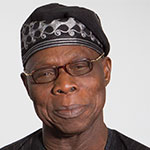
Verbatim | Nov 20,2021
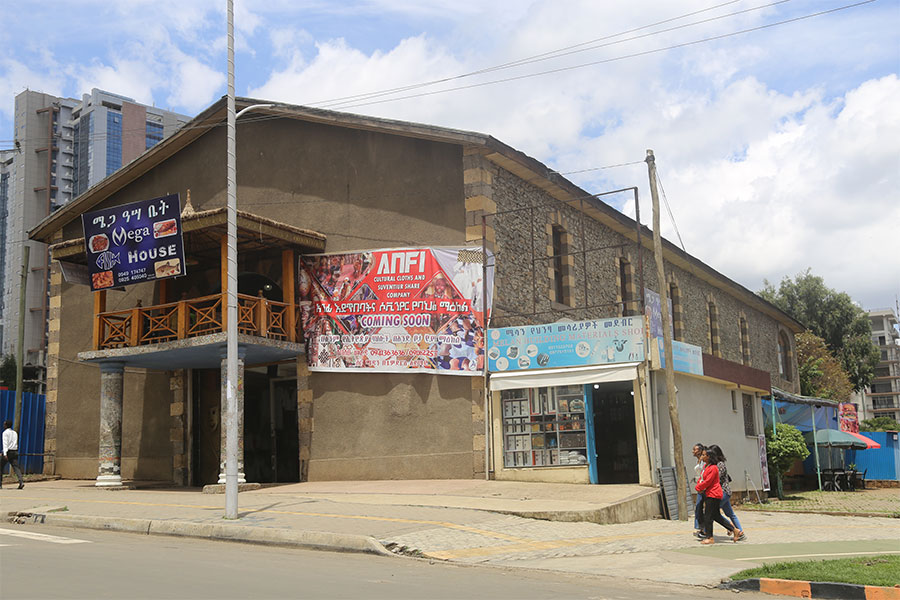
Radar | Apr 03,2023

Viewpoints | Nov 27,2021

Fineline | Dec 07,2019
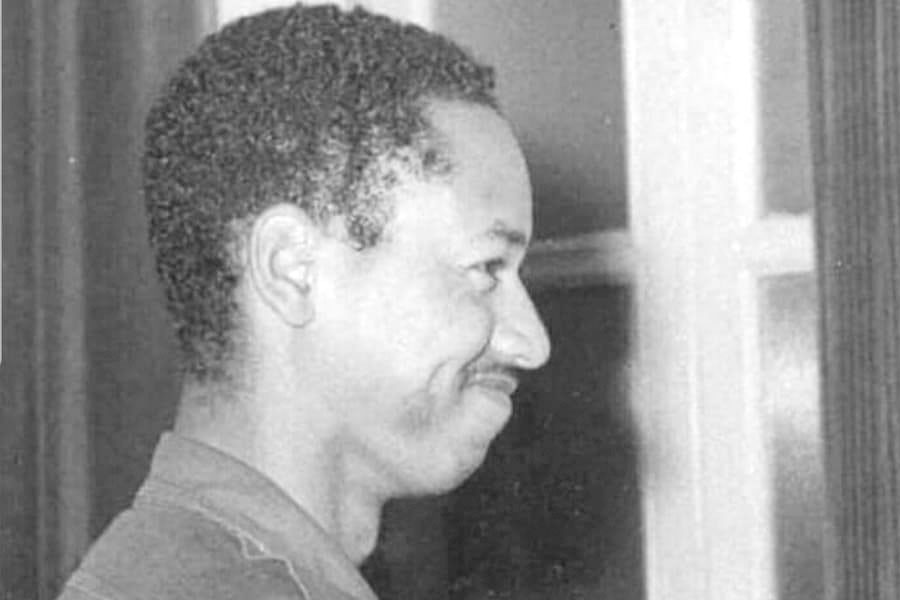
Obituary | Feb 02,2019
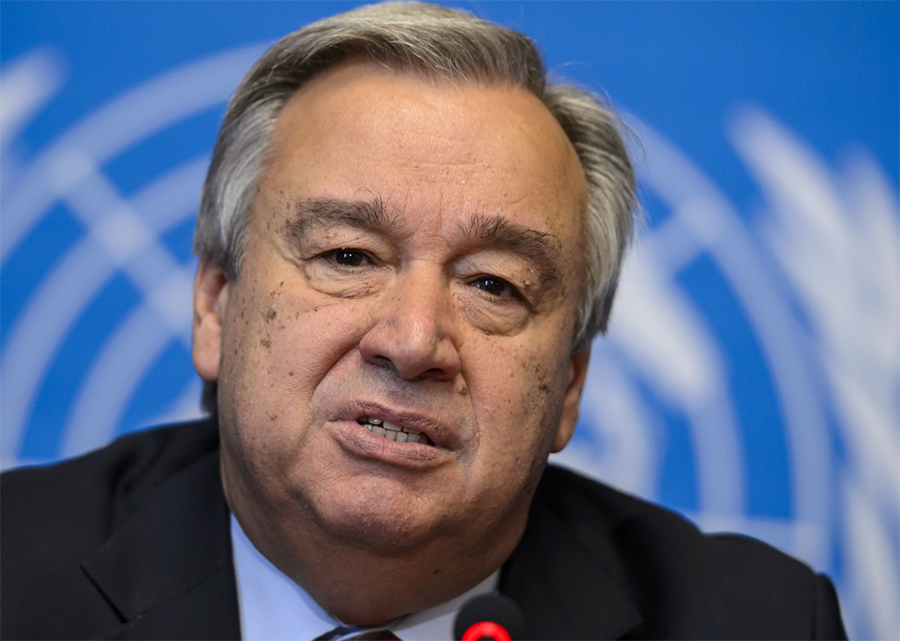
Covid-19 | Apr 01,2020

Commentaries | Feb 27,2021

Commentaries | Jun 12,2021
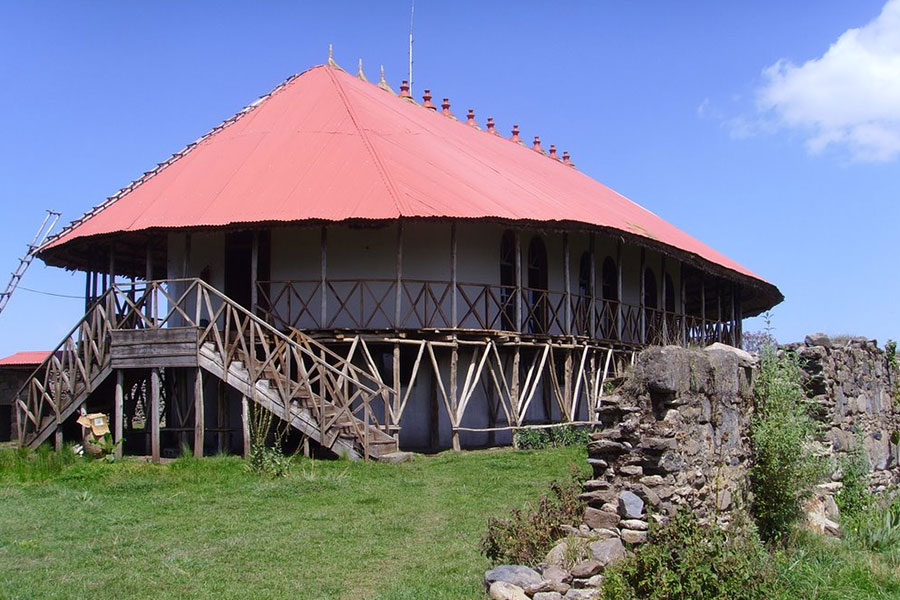
View From Arada | Jun 10,2023

My Opinion | 131586 Views | Aug 14,2021

My Opinion | 127942 Views | Aug 21,2021

My Opinion | 125917 Views | Sep 10,2021

My Opinion | 123541 Views | Aug 07,2021

Dec 22 , 2024 . By TIZITA SHEWAFERAW
Charged with transforming colossal state-owned enterprises into modern and competitiv...

Aug 18 , 2024 . By AKSAH ITALO
Although predictable Yonas Zerihun's job in the ride-hailing service is not immune to...

Jul 28 , 2024 . By TIZITA SHEWAFERAW
Unhabitual, perhaps too many, Samuel Gebreyohannes, 38, used to occasionally enjoy a couple of beers at breakfast. However, he recently swit...

Jul 13 , 2024 . By AKSAH ITALO
Investors who rely on tractors, trucks, and field vehicles for commuting, transporting commodities, and f...

Jun 29 , 2025
Addis Abeba's first rains have coincided with a sweeping rise in private school tuition, prompting the city's education...

Jun 29 , 2025 . By BEZAWIT HULUAGER
Central Bank Governor Mamo Mihretu claimed a bold reconfiguration of monetary policy...

Jun 29 , 2025 . By BEZAWIT HULUAGER
The federal government is betting on a sweeping overhaul of the driver licensing regi...

Jun 29 , 2025 . By NAHOM AYELE
Gadaa Bank has listed 1.2 million shares on the Ethiopian Securities Exchange (ESX),...